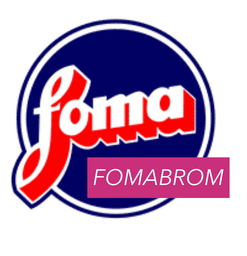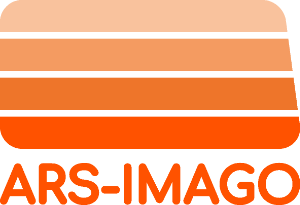

In general
FOMABROM VARIANT III is a black-and-white, variable-contrast enlarging
photographic paper on a baryta paper base. Its contrast can be varied in a large
extent from extra soft up to ultra hard by using colour filters at exposure. The
paper
is designed for amateur, commercial and artistic photography as well as for
other
applications.
FOMABROM VARIANT III features a very rich half-tone scale over all contrast
grades, a shining white paper base and saturated blacks. The paper is
manufactured
using silver chlorobromide emulsion that gives neutral-to-medium warm tone to
the
silver image.
FOMABROM VARIANT III is manufactured on an baryta paper base in a glossy and
matt surface.
Safelighting
FOMABROM VARIANT III is an ortochromatically sensitized photographic paper.
Therefore, a suitable safelighting differing from that for conventional
photographic
papers should be used. Dark-red safelight filters for orthochromatic materials,
e.g.
Kodak GBX-2, Ilford 906, Agfa R1, Osram Duka 50, etc. in connection with a 15
Watt
lamp, discharge lamp Sodium Vapor etc. are fully suitable. Because of its high
speed, FOMABROM VARIANT III should be exposed to this safelighting only for
a time prerequisite to handling.
Exposure
FOMABROM VARIANT III can be exposed in all types of enlargers and printers
equipped with tungsten or tungsten halogen lamps. Particularly suitable are
devices
with a special colour mixing head for multi-contrast papers. Other erlargers can
also
be used, but separate correction filters should be inserted during exposure.
Contrast control
The contrast can be continuously varied from extra soft (contrast grade 0) to
ultra
hard (contrast grade 5). FOMABROM VARIANT III being orthochromatically
sensitized, its contrast is controlled using yellow and magenta filters during
exposure. If only the blue sensitized part of the emulsion is exposed (under
magenta
filters), the contrast will increase; if the green sensitized part of the
emulsion is
exposed (under yellow filters), the contrast will reduce. The following methods
and
devices are recommended for contrast control:
- standard sets of filters for variable-contrast papers (e.g. Foma Variant
Filters, Ilford
Multigrade Filters, etc.)
- magenta and yellow filters in colour mixing heads
- special enlarging heads for variable-contrast papers
- colour printing filters (yellow and magenta)
- colour printers with a programme for variable-contrast papers
- black-and-white printers with an inserted magenta filter for hard and ultra
hard
contrast grades
Processing
FOMABROM VARIANT III can be processed both manually in trays and
automatically in roller developing machines approved for photographic papers on
baryta paper base. Suitable are common neutral-working or contrast-working
developers as well as special developers for variable-contrast papers. The
resulting
image tone is influenced by developers used.
For common work over all contrast grades and a neutral image tone, Fomatol LQN
or
Fomatol P developers are recommended. Using a special Fomatol PW developer,
brown-green image tones can be obtained. From developers of foreign
manufacturers, developers such as Kodak Polymax or Dektol, Tetenal Variospeed,
Ilford Multigrade, etc. are recommended. For fixing, a common acid fixer (e.g.
Fomafix P) or Fomafix rapid fixer should be used.
Toning
FOMABROM VARIANT III can be toned using a direct toning method (the one-bath
one, e.g. by Fomatoner Indigo), or an indirect toning method (the two-bath one,
e.g.
by Fomatoner Sepia). For a standard process, the indirect method is recommended.
The brown image tone is particularly very popular, being obtained using
Fomatoner
Sepia Set. By changing the temperature of the toning bath, a wide scale of
shades
from light yellow-brown to dark-brown or violet-brown can be obtained.
A blue tone can be obtained using the Fomatoner Indigo Set. The resulting image
tone depends on dilution, temperature and toning time.
Prodotti visti recentemente

To install this Web App in your iPhone/iPad press ![]() and then Add to Home Screen.
and then Add to Home Screen.

